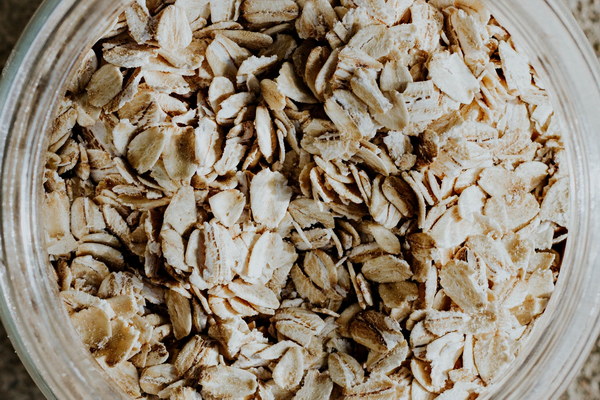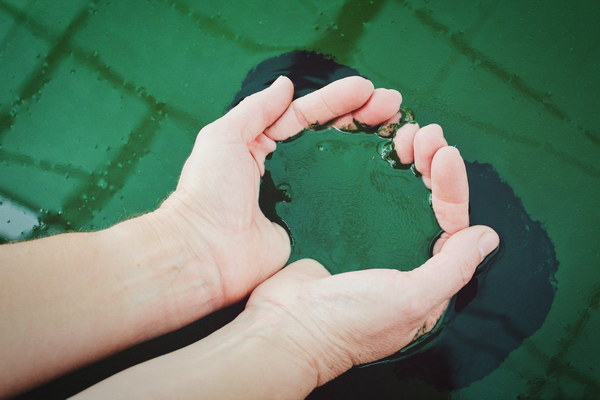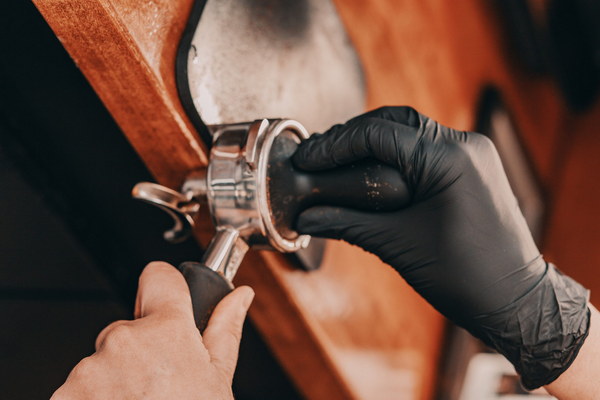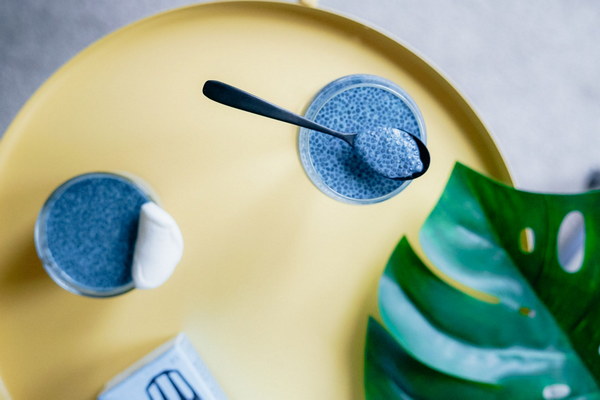When is the Best Age to Start Liver Care A Comprehensive Guide
When is the Best Age to Start Liver Care: A Comprehensive Guide
The liver is one of the most vital organs in the human body, responsible for a myriad of functions such as filtering blood, producing bile, storing energy, and metabolizing drugs and toxins. Given its crucial role, it's essential to take care of the liver from an early age. But when exactly is the best age to start liver care? This comprehensive guide will explore the importance of liver health, the risks associated with neglecting it, and the optimal age for initiating liver care.
Understanding Liver Health
The liver is a resilient organ, capable of regenerating and compensating for damage to some extent. However, chronic damage can lead to serious conditions such as fatty liver disease, liver cirrhosis, and liver cancer. It's important to note that liver disease often progresses silently without noticeable symptoms until it reaches an advanced stage.
Risks of Early Liver Damage
Children and adolescents are not immune to liver problems. In fact, certain behaviors and conditions can lead to liver damage at an early age:

1. Exposure to Toxins: Children can be exposed to harmful substances through contaminated water, air, and food.
2. Infections: Hepatitis A, B, and C can affect children and adolescents, leading to liver inflammation and potential long-term damage.
3. Over-the-Counter Medications: Prolonged use of certain medications can lead to liver toxicity.
4. Unhealthy Diet and Lifestyle: A diet high in fat, sugar, and processed foods, combined with lack of exercise, can contribute to the development of fatty liver disease.
The Optimal Age for Liver Care
While it's never too late to start taking care of your liver, the earlier you begin, the better. The American Liver Foundation suggests that the following ages are critical for initiating liver care:
- Newborns and Infants: This is the time to ensure that newborns receive the necessary vaccinations against hepatitis B, which can prevent the virus from developing into a chronic condition.
- Children and Adolescents: During these formative years, it's essential to educate children about the importance of a healthy diet, regular exercise, and safe practices to avoid exposure to harmful substances.
- Young Adults: The early 20s are a pivotal time to establish healthy habits that can last a lifetime, such as avoiding excessive alcohol consumption and maintaining a balanced diet.
How to Care for Your Liver at Any Age
Regardless of age, here are some general tips for maintaining liver health:
1. Eat a Balanced Diet: Incorporate plenty of fruits, vegetables, whole grains, lean proteins, and healthy fats into your diet.
2. Stay Hydrated: Drinking plenty of water helps to flush out toxins from the liver.
3. Limit Alcohol Consumption: Excessive alcohol intake can lead to liver damage. If you do consume alcohol, do so in moderation.
4. Avoid Smoking: Smoking can increase the risk of liver disease.
5. Exercise Regularly: Regular physical activity can help prevent fatty liver disease and improve overall liver function.
6. Get Vaccinated: Protect yourself against hepatitis A and B by getting vaccinated.
7. Practice Safe Sex: Use protection to prevent the transmission of hepatitis B and C.
8. Regular Check-ups: Visit your healthcare provider regularly for screenings and to discuss any concerns about your liver health.
Conclusion
The best age to start liver care is today. By adopting healthy habits and being proactive about your liver health, you can reduce the risk of liver disease and ensure a healthy liver throughout your life. Remember, the liver is a remarkable organ, capable of remarkable healing, but it requires your care and attention to maintain its vitality.









